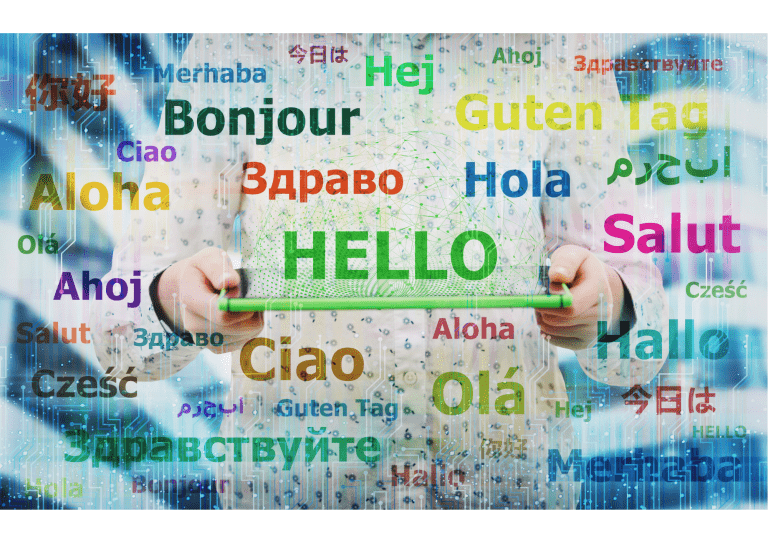“The Power of Language: Uniting Humanity in a Global Society”


Language is a fundamental aspect of human communication and plays a crucial role in shaping our perceptions, beliefs, and interactions with others. It is the tool through which we express our thoughts, convey meaning, and connect with one another on various levels.
At its core, language is a system of symbols that represent ideas, objects, or actions. These symbols can be spoken, written, or signed, allowing individuals within a specific linguistic community to understand and interpret them. Through language, we are able to communicate complex thoughts, emotions, and experiences, fostering a sense of shared understanding and connection among people.
One of the remarkable aspects of language is its ability to evolve and adapt over time. Languages change as societies change, reflecting shifts in cultural norms, technological advancements, and social dynamics. New words are constantly being coined, old words fall out of use, and grammar rules may be modified or abandoned altogether. This fluidity allows language to remain relevant and responsive to the needs and experiences of its users.
Language not only serves as a means of communication but also acts as a vehicle for cultural transmission. It carries within it a wealth of knowledge, traditions, and perspectives that are passed down from one generation to the next. Through language, we are able to preserve and share our collective history, values, and beliefs, ensuring their continuity and preservation.
Moreover, language shapes our perception of the world. Different languages possess unique linguistic structures, vocabularies, and grammatical rules, which can influence how speakers interpret and understand reality. For instance, some languages have specific words for concepts that may not exist in other languages, allowing for a more nuanced and precise expression of certain ideas or phenomena.
Furthermore, language holds significant power in influencing attitudes, opinions, and behaviors. The words we choose to use can impact how others perceive us and shape their responses towards us. Language can be used to inspire, persuade, and motivate, but it can also be used to deceive, manipulate, and harm. It is essential to recognize the ethical responsibilities that come with language use and to promote communication that fosters understanding, empathy, and inclusivity.
In today’s world, language is not limited to face-to-face interactions. With the advent of technology, we have witnessed the emergence of new forms of language, such as texting, instant messaging, and social media communication. These digital platforms have given rise to unique linguistic practices, including emojis, acronyms, and hashtags, which allow for more concise and expressive communication in a fast-paced, interconnected world.
